US
Advantages of Savings Account: learn pros and cons
In this article you will learn about the advantages of savings accounts and also its disadvantages.
Advertisement
Thinking about where you can stash some cash? Learn about savings accounts!

If you have surplus funds for your future financial goals, congratulations on your achievement! We’ll tell you the advantages of having a good savings account to place your money.
Saving money can be challenging for most people, but it is crucial.
One option to consider is a savings account, which has both pros and cons. On the positive side, savings accounts offer potential interest earnings, easy accessibility, and FDIC insurance and security.
Additionally, savings accounts can foster a saving culture in children and teenagers, and provide emergency cash reserves.
Plus, they serve as a starting point for a long-term relationship with a financial institution.
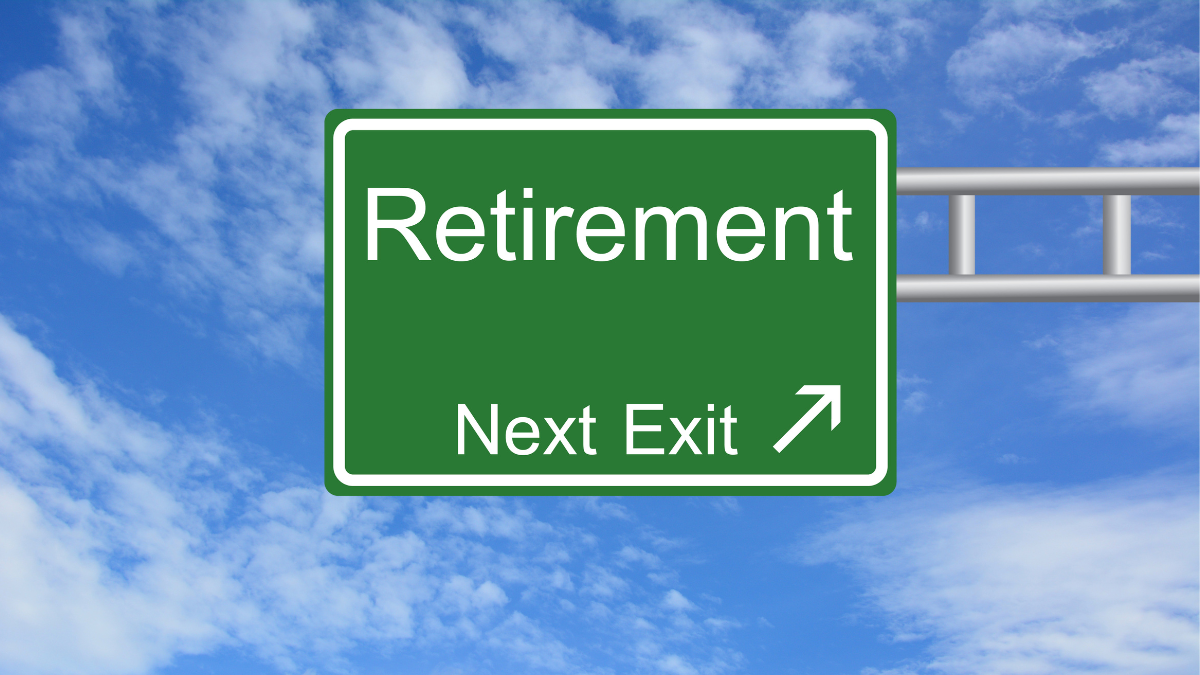
Start saving for retirement: 6 things to avoid
Some mistakes are common among people who save for retirement. In this article we are going to show you the ones you should avoid.
However, there are some disadvantages to keep in mind. These include minimum balance requirements, lower interest rates compared to other investment options, and federal limits on withdrawals.
So it’s essential to consider these advantages and disadvantages. This will help you decide whether to invest in a savings account or pursue other long-term investment opportunities.
Regardless of your decision, the most important thing is to make your money work for you and your future financial goals.
So keep reading and learn about the advantages of savings accounts and also their disadvantages.
Disadvantages of Savings Account

Before talking about the advantages of savings accounts, let’s talk about its disadvantages.
If these are factors that negatively impact your financial goals, you should look into other accounts and investment options.
You will be redirected to another website
By submitting this form, I agree that I am 18+ years old and I agree to the Privacy Policy and Terms and Conditions. I also provide my signature giving express consent to receive marketing communications via automated emails, SMS or MMS text messages and other forms of communication regarding financial products such as credit card and loans. Message frequency varies and represents our good faith effort to reach you regarding your inquiry. Message and data rates may apply. Text HELP for help or text STOP to cancel. I understand that my consent to receive communications is not a condition of purchase and I may revoke my consent at any time.
Maintenance Fees and Minimum Balance Requirements
Financial institutions typically impose monthly maintenance fees and minimum balance requirements on savings accounts. If your account falls below the minimum balance, you could end up losing the interests earned, as banks will deduct fees from your account.
Lower Interest Rates
Compared to other investment options like money market accounts or certificate of deposits, savings accounts generally offer lower interest rates.
Federal Limits on Withdrawals
Savings accounts have federal withdrawal limits, which limit account holders to withdrawing funds six times per month. If you exceed this limit, banks can charge you a fee or switch your account from savings to checking.
Accessibility and Temptation
Although easy accessibility is an advantage, it can also pose a challenge for long-term saving if you are tempted to access the funds frequently.
Variable Interest Rates
Savings account interest rates are variable, and financial institutions are free to change interest rates as they wish. The high-interest savings account rates typically move in line with the federal rate.
Inflation
When savings accounts do not offer competitive interest rates, inflation can erode the value of your earned interest, leaving you with an account balance that is worth less in the future.
Compound Interest
Traditional banks and credit unions generally compound savings account interest monthly or annually, which may not realize the full potential of your money compared to other investment opportunities.
Advantages of Savings Account

Now let’s go over some reasons why you might want to open a savings account. Here are the advantages of savings accounts.
Liquidity
Unlike long-term investments, savings accounts deal in cash, allowing easy access to your money through various channels such as ATMs or online banking. You can link your savings account to other accounts, such as checking accounts, to transfer funds quickly and avoid fees.
Protection
Your savings account at an FDIC or NCUA-insured bank or credit union is protected up to $250,000, giving you peace of mind knowing that your money is secure.
Low Barrier to Entry
You can open a savings account with just $1 or $25, depending on the institution, making it accessible to anyone who wants to start saving.
Accrue Interest
Savings accounts earn interest over time, although rates vary depending on the bank. National average rates are currently low but can reach up to 2.05% for high-yield savings accounts.
Automated Bill Payments
You can set up automatic bill payments from your savings account, avoiding late fees and missed payments.
No Lock-in Period
You’re not tied to a specific savings account and can switch between accounts as you please.
Convenient Access
Savings accounts offer convenient access to your money and can help you avoid costly fees and complications associated with long-term investments.
Create a Savings Plan and Use the Advantages of Savings Accounts in Your Favor
If you’re looking to start saving money, there are a few tips you can follow to use the advantages of savings accounts in your favor. The first tip is to track your spending.
This could be done by manually tracking your expenses or by using an electronic app to help you do so.
Once you know how much you’re spending and on what, you can identify areas where you might be overspending and cut back on those expenses.
The money you save from cutting back can then be put into a savings account.
Develop the habit of saving
Another tip is to set up an automatic savings plan. This feature allows you to automatically transfer a portion of your paycheck into a savings account.
That way you can “pay yourself first” and develop a habit of saving. This is an effective way to save money because you don’t have to think about it or make a conscious decision to save. It’s already taken care of for you.
Finally, you may want to consider opening a joint savings account with your partner. This can help you save together and work towards your shared financial goals.
It also encourages accountability and transparency in your finances. When you have someone else who is working towards the same goal as you, it can help keep you motivated and on track.
By implementing these tips, you can start building a healthy savings habit and working towards a more secure financial future.
The Advantages of Savings Accounts in Emergency Funds
One of the advantages of savings accounts is that they are valuable not for their earning potential, but for their ability to provide liquidity and accessibility.
In particular, they are an excellent option for an emergency fund. Financial experts suggest setting aside six months’ worth of living expenses in a savings account.
Still, even a modest amount can make a difference during an unexpected financial setback. It is crucial to weigh the pros and cons of different savings account options before making a choice.
By considering the specific advantages and disadvantages of various accounts, you can ensure that your emergency fund is both secure and readily accessible.
To get more tips on emergency funds, read the following content and learn how to start yours right away.
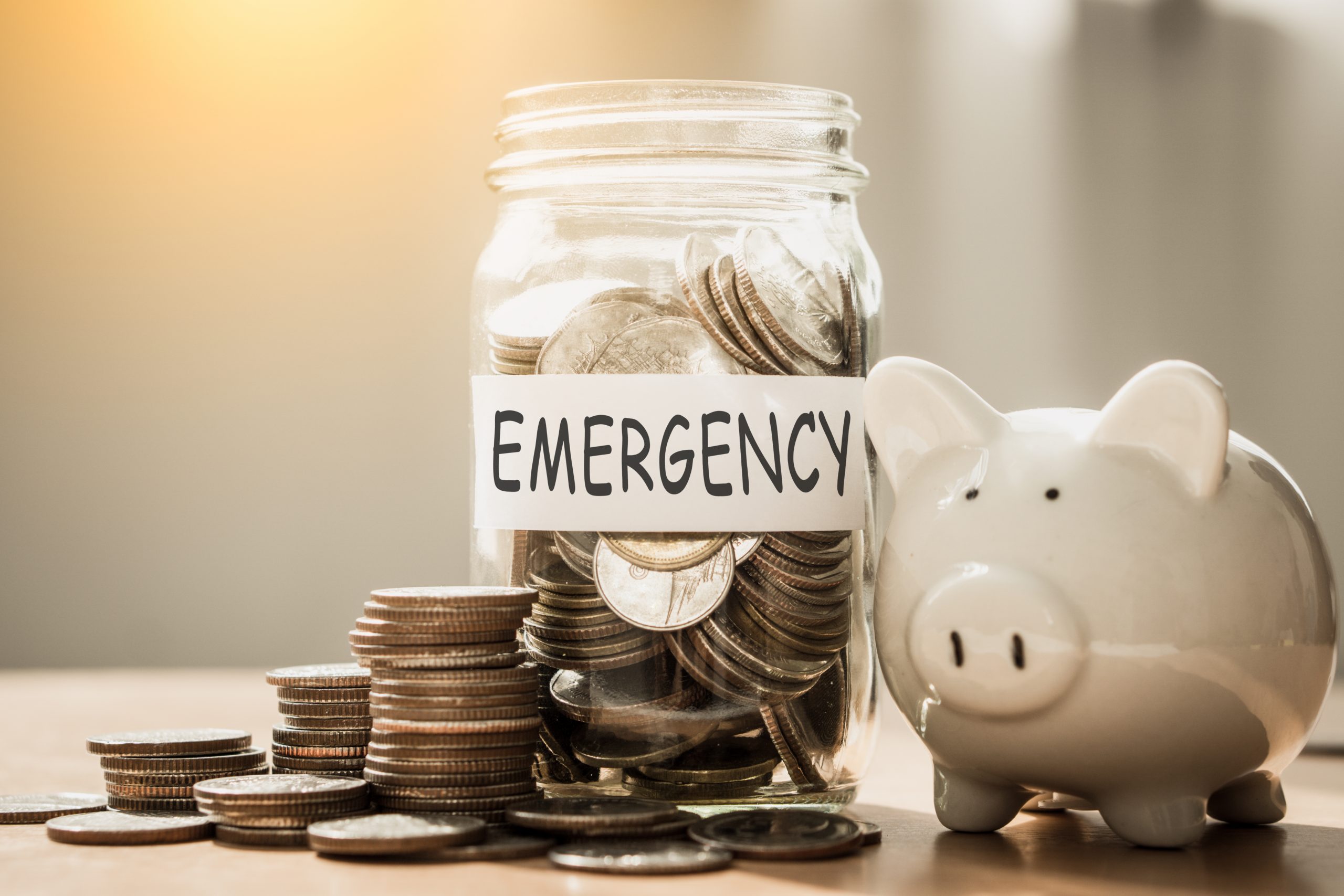
Learn how to start your own emergency fund fast
Do you have an emergency fund? It is important to have one and you can start building yours with these tips. Read more below!
About the author / Danilo Pereira
Trending Topics
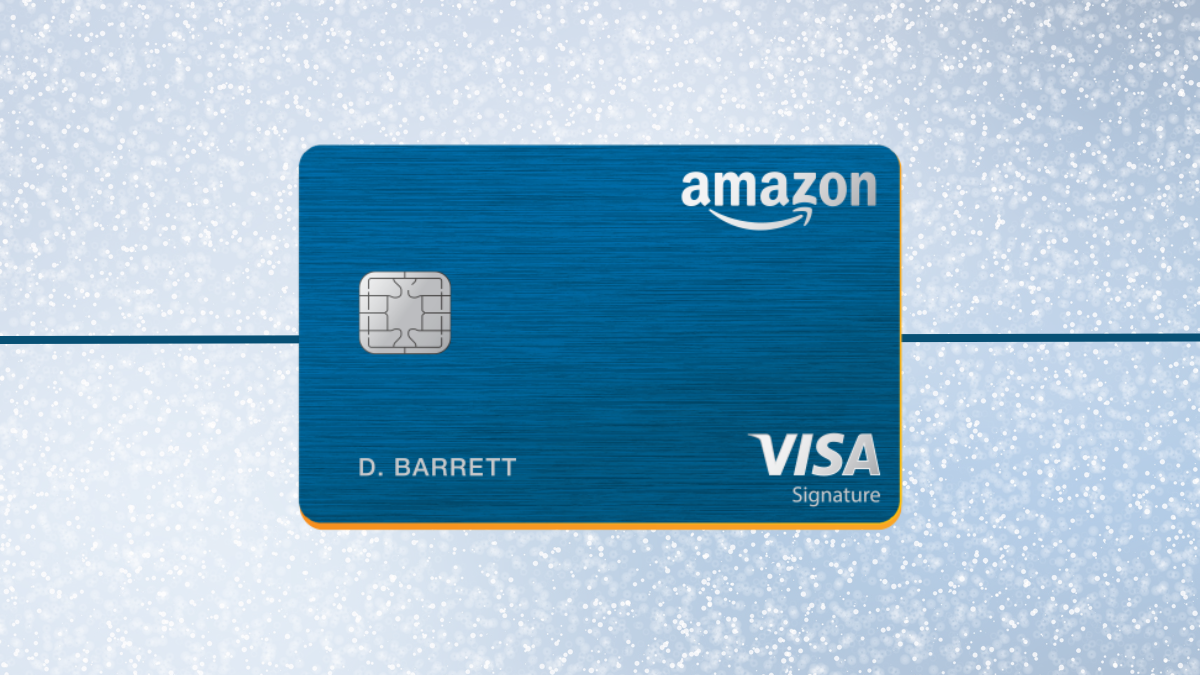
Amazon Rewards Visa Card application
Here’s everything you need to know about the Amazon Rewards Visa Card application process and what to expect from it!
Keep Reading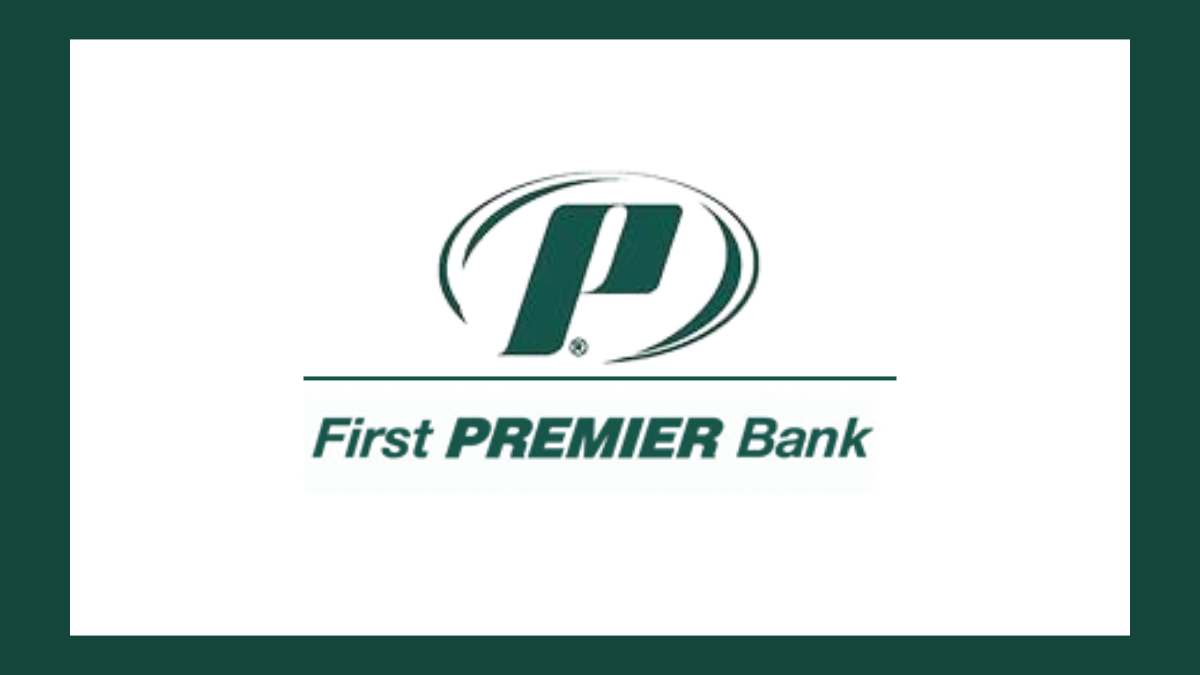
First Premier Lending review: get a loan easily
In this First Premier Lending review you can get multiple loan offers with filling up a single online application form. Find out more!
Keep Reading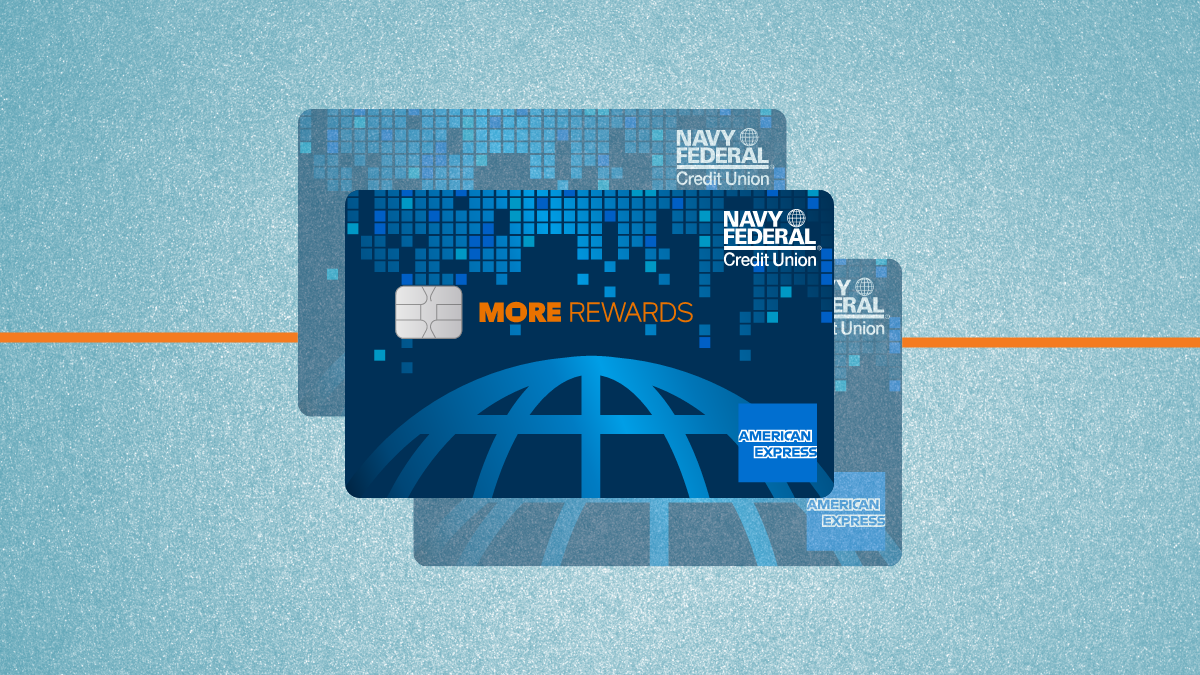
Navy Federal More Rewards American Express® Card application
If you’re a Navy Federal member, learn how to easily apply for a Navy Federal More Rewards American Express® Card and earn rewards!
Keep ReadingYou may also like
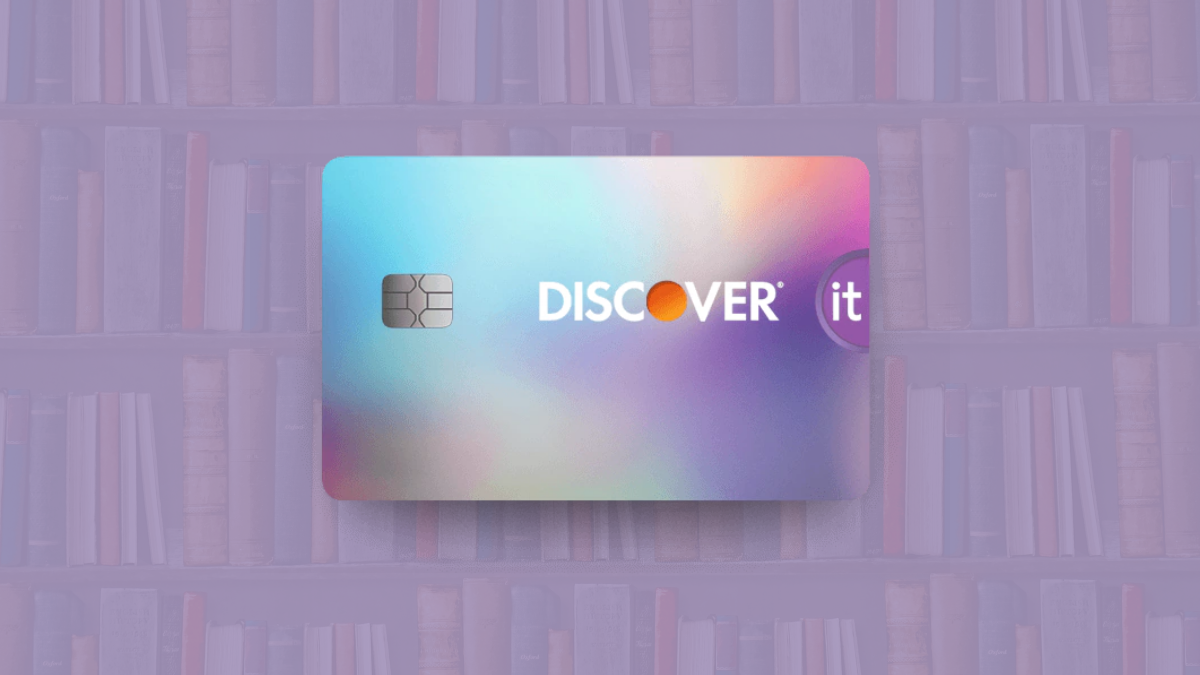
Discover it® Student Cash Back credit card application
We'll tell you how to apply for a Discover it Student Cash Back credit card and get rewards in every purchase.
Keep Reading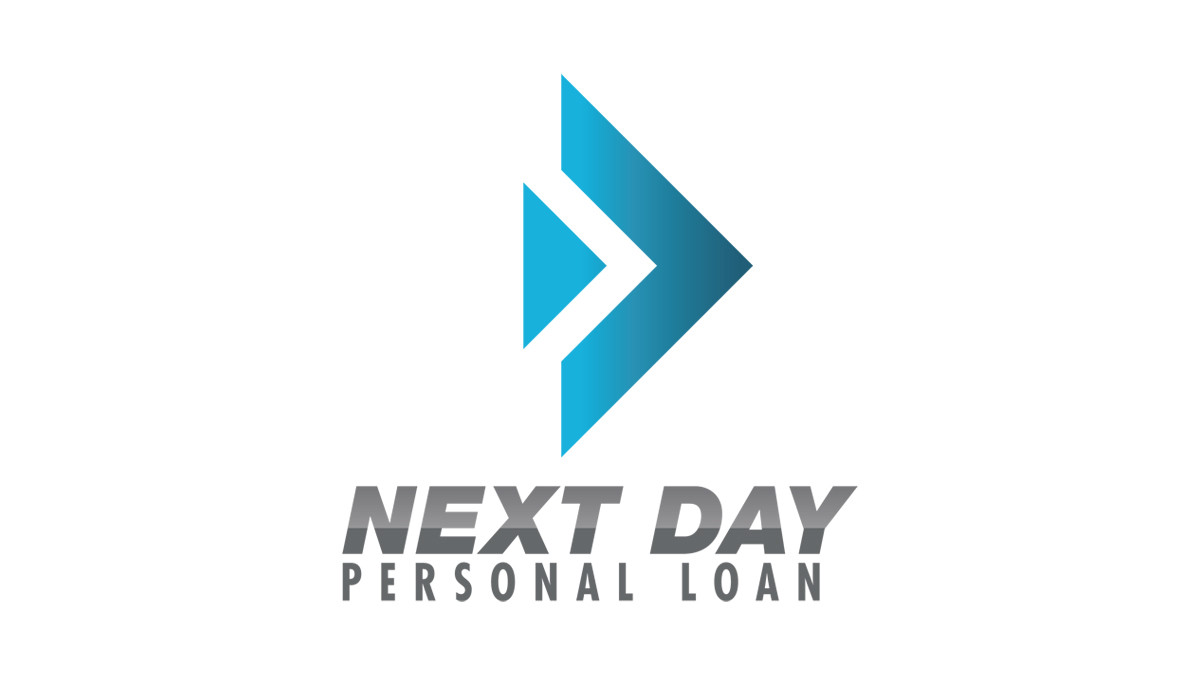
Next Day Personal Loan review
Read our Next Day Personal Loan review to learn how you can find the perfect personal loan for you, with the best rates and terms!
Keep Reading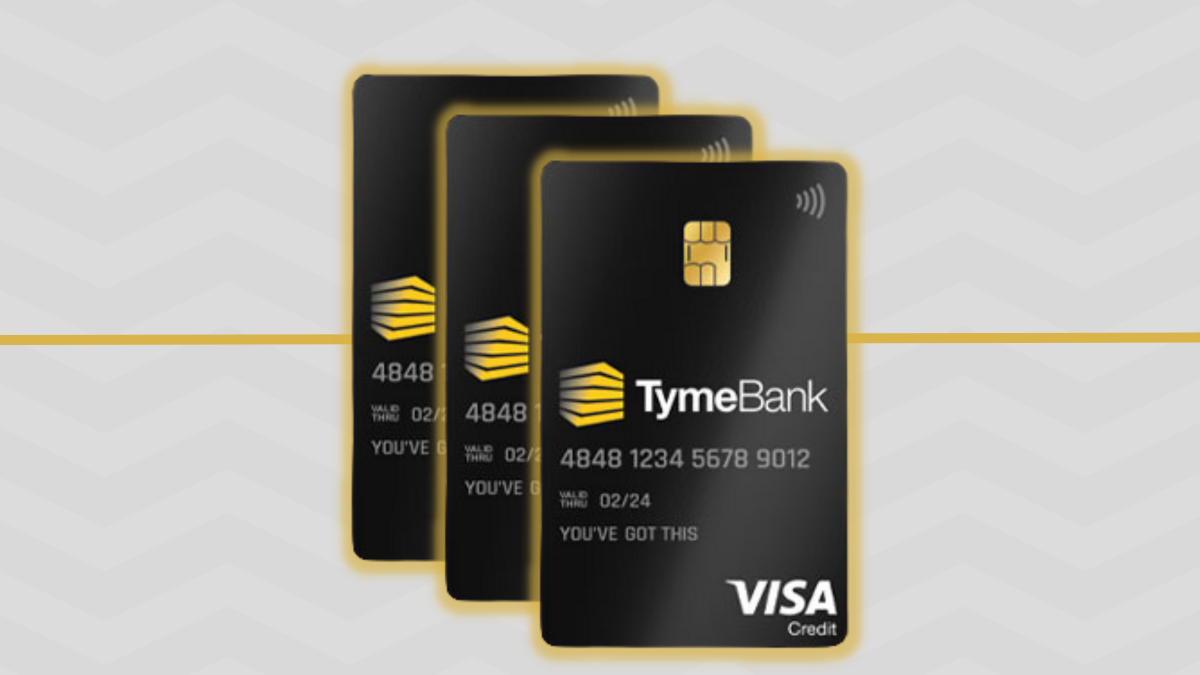
TymeBank Credit Card review
Get the lowdown on the TymeBank Credit Card. We review features, pros and cons to help you make an informed decision before signing up.
Keep Reading